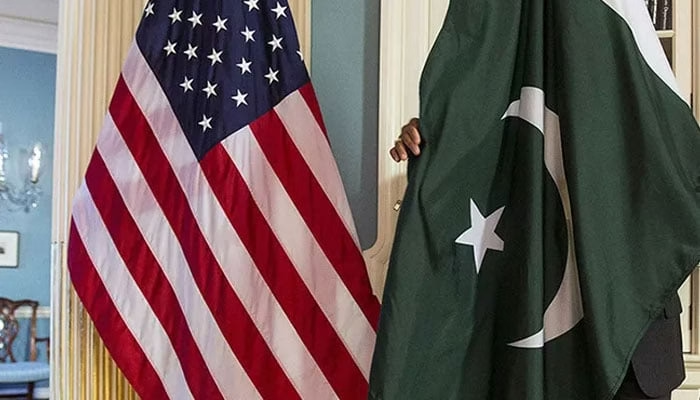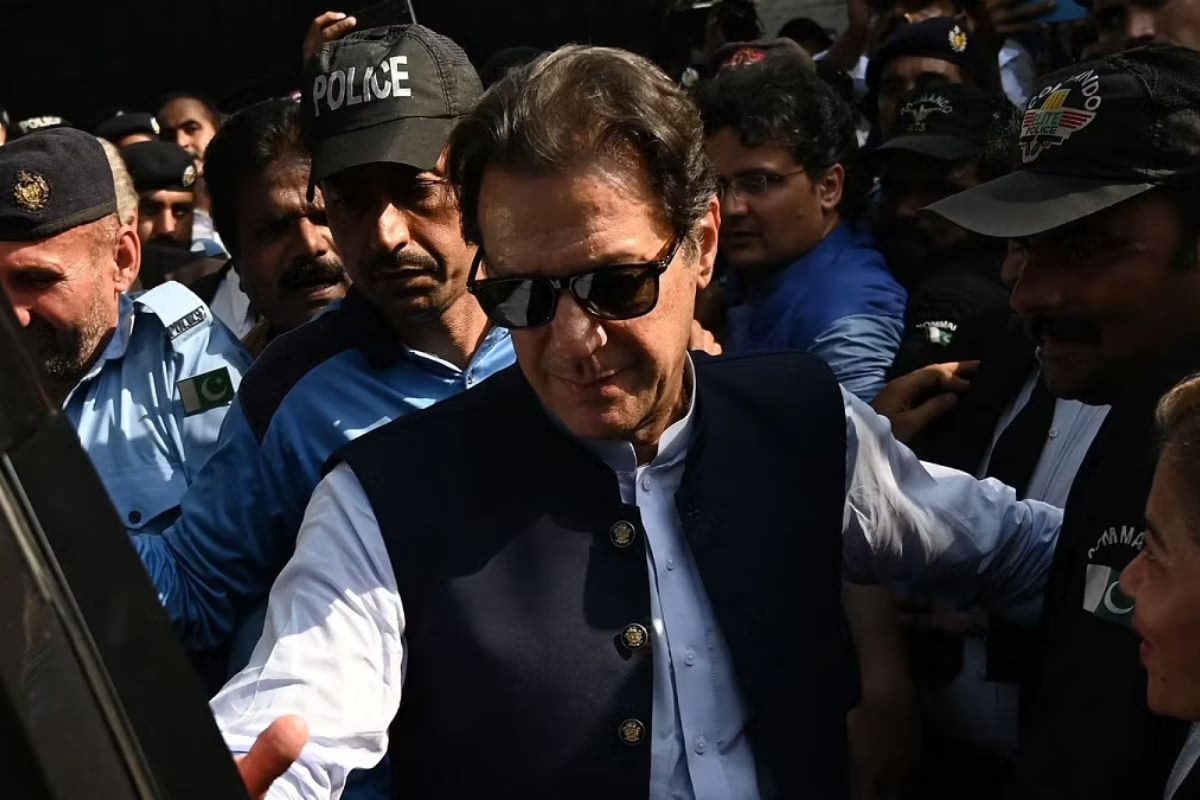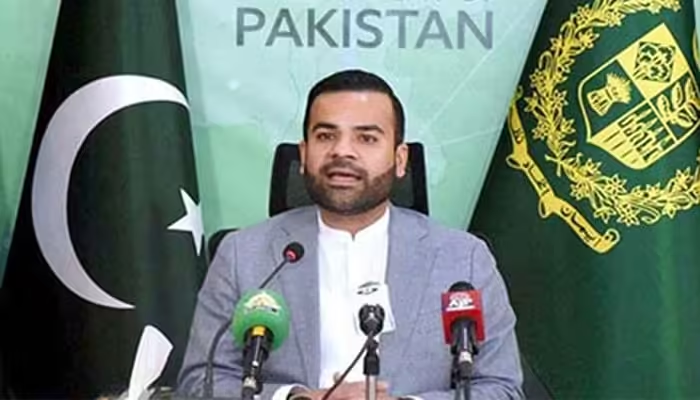A powerful three-member delegation from the United States Congress has arrived in Islamabad for an official visit aimed at strengthening diplomatic, economic, and defense ties between Pakistan and the United States. The visit is being seen as a significant step in reviving momentum in Pak-U.S. relations amid evolving regional and global dynamics.
Who’s Visiting Pakistan?
According to diplomatic sources, the delegation includes U.S. Congressmen Jack Bergman and Tom Suozzi. Their visit, which began today, is scheduled to continue until April 15. The visit reflects Washington’s intent to maintain active dialogue with Islamabad on multiple fronts, including political cooperation, economic stability, defense collaboration, and educational initiatives.
Meetings with Top Pakistani Leadership
The U.S. delegation is expected to meet with Prime Minister Shehbaz Sharif and Foreign Minister Ishaq Dar during their stay. In addition to high-level meetings with Pakistan’s civilian leadership, the delegation will also engage in talks with senior officials of the Pakistan Armed Forces. These discussions are likely to touch upon key defense and strategic issues, as both nations continue to evaluate regional security developments, especially in South Asia.
Bilateral Focus Areas: Trade, Economy, and Defense
Diplomatic sources confirm that the primary agenda of the meetings revolves around deepening cooperation in trade, economic development, military relations, and education. With Pakistan facing a range of economic challenges, the U.S. delegation’s visit may open up fresh channels of support, investment, and trade expansion.
Both countries have a long-standing military relationship, and sources indicate that matters related to regional security, counterterrorism efforts, and defense training are likely to be part of the defense dialogue.
Engagement with Political Leadership and Civil Society
In a move to promote broader democratic engagement, the U.S. delegation is also likely to hold meetings with the leadership of major political parties in Pakistan. This includes discussions with members of the National Assembly and other political stakeholders to understand the ongoing political landscape in the country.
Such interactions underscore the U.S. commitment to fostering democratic processes and ensuring political stability in Pakistan. The delegation aims to listen to diverse political voices and assess Pakistan’s democratic direction ahead of upcoming political milestones.
Visit to Azad Kashmir and the LoC
One of the key highlights of the trip is the U.S. delegation’s planned visit to Azad Jammu and Kashmir (AJK) and the Line of Control (LoC). The visit is expected to include briefings on the situation in the region and discussions around human rights, peace initiatives, and regional stability.
Observers believe that the visit to the LoC indicates Washington’s interest in understanding the ground realities of the Kashmir conflict and its potential implications on regional peace and U.S. interests in South Asia.
Dinner Reception by Speaker Ayaz Sadiq
Speaker of the National Assembly Ayaz Sadiq will host a formal dinner in honor of the U.S. Congress members. The event, scheduled for tomorrow, will be attended by members of Parliament, senior diplomats, and representatives from the business community. The dinner is expected to offer an informal setting for in-depth discussions and networking between Pakistani officials and the American delegation.
Promoting Long-Term Pak-U.S. Relations
The overarching aim of the visit is to enhance bilateral relations between Pakistan and the United States. With new geopolitical shifts and economic challenges shaping international alliances, both countries are keen on redefining their partnership based on mutual respect and shared interests.
Sources within the diplomatic community have expressed optimism that this visit could pave the way for increased cooperation in critical sectors such as education reform, technology exchange, green energy initiatives, and counter-terrorism.
As the U.S. congressional delegation continues its visit, stakeholders on both sides hope that the renewed dialogue will lead to concrete actions and partnerships. Whether it is economic recovery, political dialogue, or strategic security, the outcomes of this visit could have lasting impacts on Pakistan-U.S. relations in the years to come.



